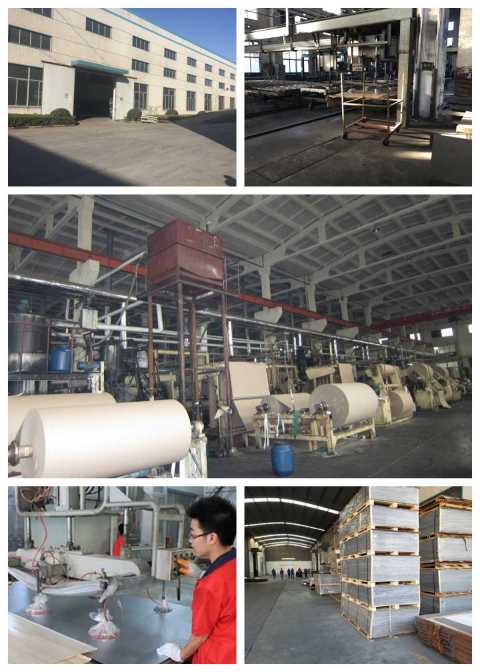Phenolic lab Countertops
In general, phenolic lab countertops are a very practical countertop material. They are stain-resistant, wear-resistant, chemical corrosion-resistant, inexpensive, and convenient to install and maintain.Although they have some small shortcomings, it doesn’t affect their important role in many occasions at all.If your place needs to replace the countertop, doesn’t want to spend too much money, and hopes the countertop is easy to use and durable, you might as well consider it. I believe it won’t disappoint you.
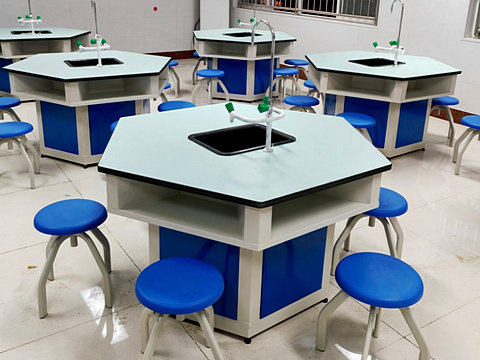
Feature
Chemical Corrosion Resistance
- Phenolic lab countertops have a strong chemical corrosion resistance properity and it is a major advantage .In laboratories, various chemical reagents, both acidic and alkaline, are often used. Sometimes, if they are accidentally spilled on the countertop, there’s no need to panic too much.
- However, it should be noted that if encountering chemical reagents with particularly high concentrations, they should be dealt with quickly and not left on the countertop for a long time, otherwise, even the best countertop can’t withstand it.
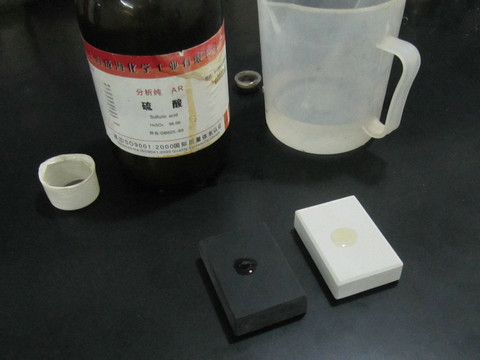
Appearance Characteristics
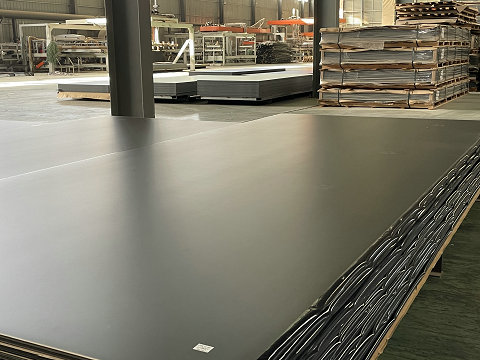
- Phennolic lab countertops don’t have many colors; common ones are black, light gray, and green, mostly calm colors that look solid.
- The surface has a slightly matte texture, not particularly smooth but not rough either, and feels good to the touch.
- Its thickness is generally quite uniform, mostly between 1 to 2 centimeters, without being uneven.
- When laid on the operating platform, it’s flat and looks comfortable.
- Moreover, its size is quite flexible; basically, any size can be made, and it can be cut according to the size of the operating platform, without wasting materials at all.
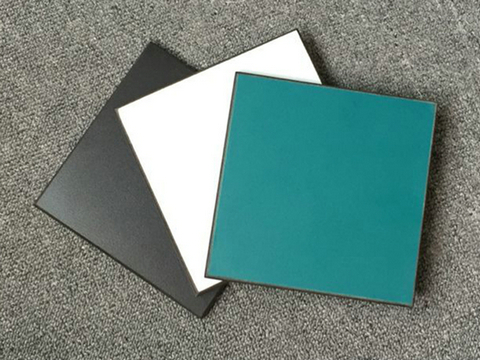
Price Advantage
- In terms of price, phenolic countertops also have a great advantage.
- Compared with epoxy resin countertops and stainless steel countertops, its price is much cheaper, and its service life is not short, so the cost performance is quite high.
- For places with not too much budget but in need of good countertops, it’s definitely a good choice.
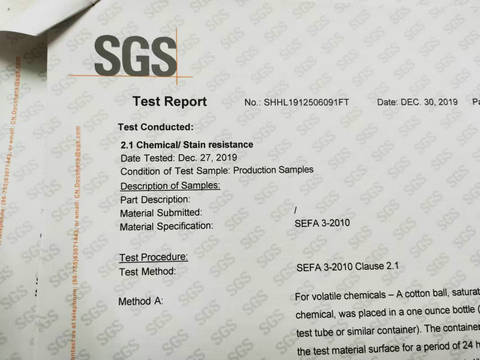
Stain Resistance
- The most reassuring thing is that it’s stain-resistant. Usually, when placing things or operating on phenolic lab countertops, even if there are some stains, you can wipe them clean with a cloth.
- Once in the laboratory, someone accidentally dropped ink on the countertop. They didn’t notice it at that time and found it after a long time. They thought it would definitely not be wiped off, but they dipped a wet cloth in some detergent and gently wiped it, and it was gone without leaving any trace. This is very important for places that deal with various stains every day, saving a lot of cleaning effort.
Wear Resistance
- It’s also quite wear-resistant. Whether placing heavy objects on it or dragging instruments back and forth, it’s not easy to leave scratches.
- The countertop that has been used for several years still looks quite new, unlike some countertops that become pitted after a short time, which is annoying to look at.
Heat Resistance
- Its heat resistance is also acceptable.
- Usually, placing a beaker just taken out of the microwave or a bottle containing hot water on it is fine. It won’t deform or bulge like some plastic countertops when encountering hot things.
- Once in the laboratory, someone placed a slightly hot test tube rack on the countertop and left it there for almost half an hour before taking it away, and the countertop didn’t leave any traces. This heat resistance is really reassuring.
Environmental Protection
- Nowadays, many places are willing to use phenolic lab countertops.
- In addition to its good performance and reasonable price, it’s also because it’s relatively environmentally friendly.
- During production, it doesn’t produce too many harmful substances, and it doesn’t release unpleasant odors during use, which is relatively friendly to the human body and the environment. In the current situation where environmental protection is increasingly valued, this is a big plus.
Lab phenolic resin boards
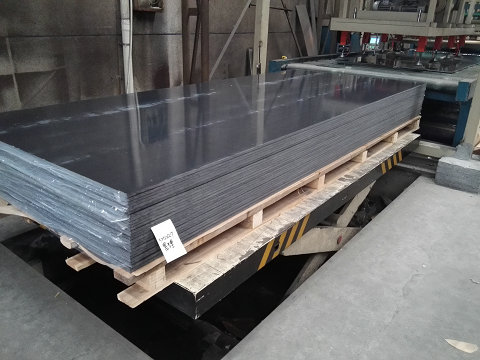
Phenolic resin lab worktops
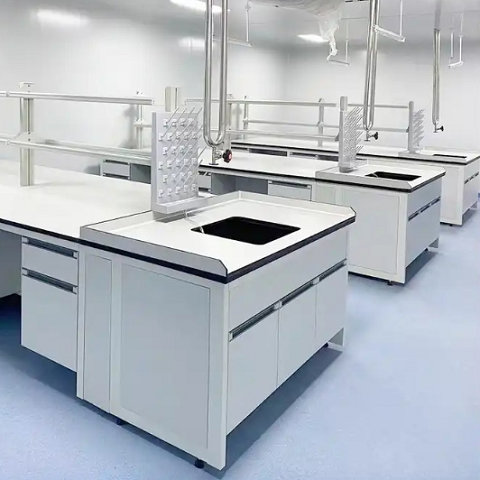
Countertop of phenolic resin fabricating

A professional phenolic lab countertops supplier
